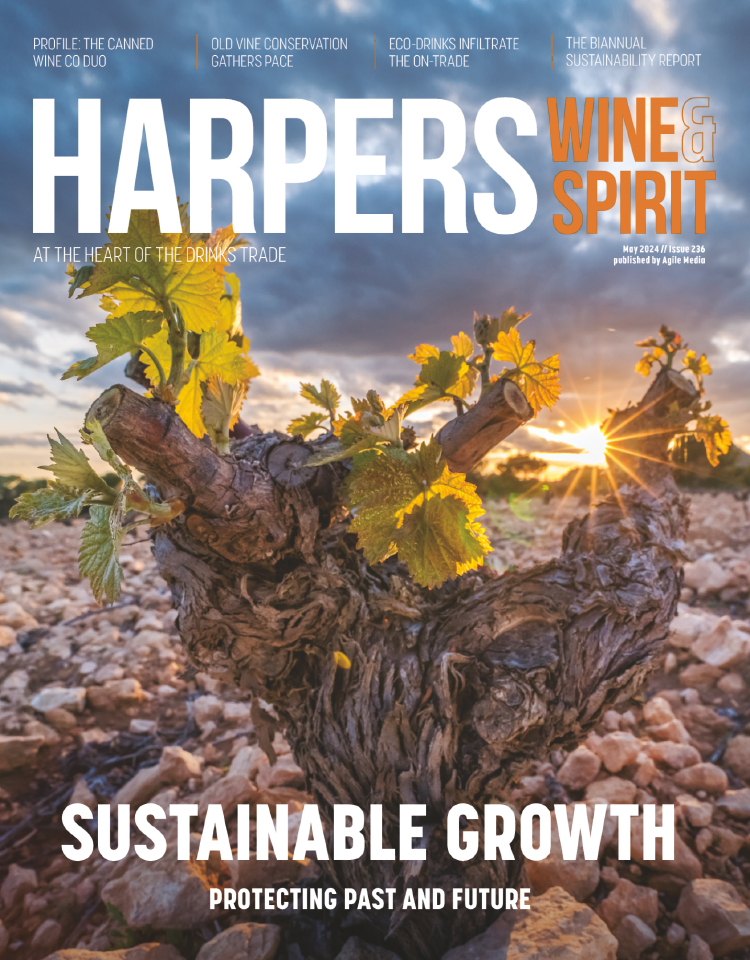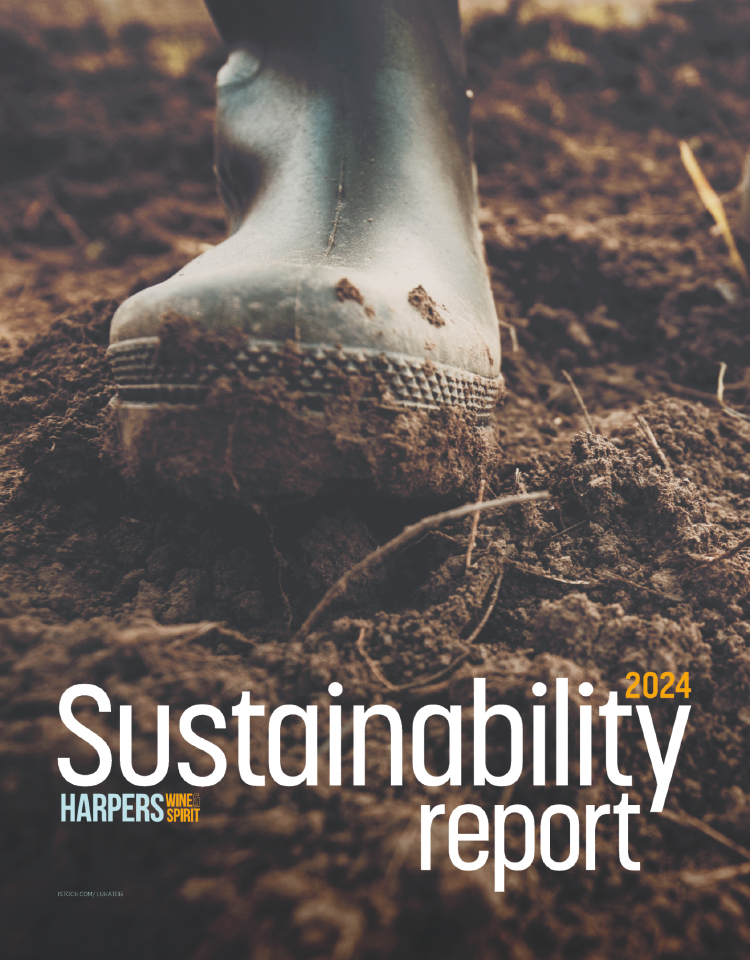
CAA chairman dismisses EU fears of 'English Champagne' influx post-Brexit
The chairman of the Champagne Agents' Association has hit back at claims that 'English Champagne' could flood into the continent following the UK's departure from the EU.
Last week, the media speculated what effect Brexit would have on laws protecting products being exported from the UK into the EU.
It was reported that once the UK leaves the EU, it would no longer be bound by EU protection laws, meaning producers would be able to rebrand English sparkling wine as 'English Champagne'.
But Andrew Hawes, chairman of the CAA and managing director of Mentzendorff & Co. Ltd, said this was "unlikely in the extreme" as the use of the word 'Champagne' isn't protected by European law, but by English law in the UK.
"It could only happen if there were to be a repeal of existing English law, which is the basis of the protection of the name Champagne in this country, and nothing to do with EU law," he said.
He added that 'English Champagne' would be a "legal impossibility" because of a landmark legal case in the 1950s between the CAA and Costa Brava Wine Company, for labelling their sparkling wine 'Spanish Champagne'.
The case was settled in 1960 - 13 years before the UK joined the European Economic Community in 1973 - in the CAA's favour, and set the legal precedent for later disputes of this type.
Last week, the issue of whether the UK could rebrand products - such as English Parma Ham or English Champagne - while protected status of British items such as Cornish pasties and Cheddar cheese would be preserved by EU countries, was raised by the British media.
The European parliament's agriculture committee expressed concern that food naming laws would be thrown into turmoil once the UK exits the EU, in a document seen by the Guardian.
There are currently 1,150 products with "geographical indication" (GI) status across the EU's 28 countries, and 59 of these are British.
According to the Guardian, MEPs expressed concern over what would happen to EU GIs after the withdrawal of the UK, singling out Scotch whisky as a particular area of economical importance.
Brexit has also recently raised questions over the future of tax structures of imported products coming to the EU.
According to the WSTA, excise duty on sparkling wines coming to the UK are 28% higher than still wine, approximately £2.66 per bottle.
On average, duty on a bottle of still wine is currently £2.08 - drastically higher than other member states, such as France, where still duty is the equivalent of 3p.
Hawes criticised the extremely high levels of tax on sparkling compared to other EU countries.
But he challenged reports that an additional levy on sparkling wines entering the UK had been imposed by the Comité Champagne (CIVC), instead pointing to a legacy of policies from successive UK governments.
"The higher rate of duty on sparkling wine dates back to the 1970s and 1980s when the prevailing UK government view was that 'sparkling' denoted 'luxury' and therefore justified a higher tax rate.
"Nigel Lawson, Chancellor of the Exchequer under Margaret Thatcher, attempted to correct this inequity in the late 1980s, but there was a media outcry about reducing tax on Champagne and the sparkling duty premium was maintained," he said.
"The level of discrepancy between sparkling and still wine duty in the United Kingdom is unique amongst EU member states, but nothing to do with the EU, let alone the Comité Champagne - who would be unlikely to pressure to make their wines more expensive," he continued.
Keywords:
- wine
- News
- Trade Bodies
- Wines by type
- Sectors
- Wine & Spirit Trade Association
- Sparkling wines
- Champagne
- Jo Gilbert
- HWS - Jo Gilbert





